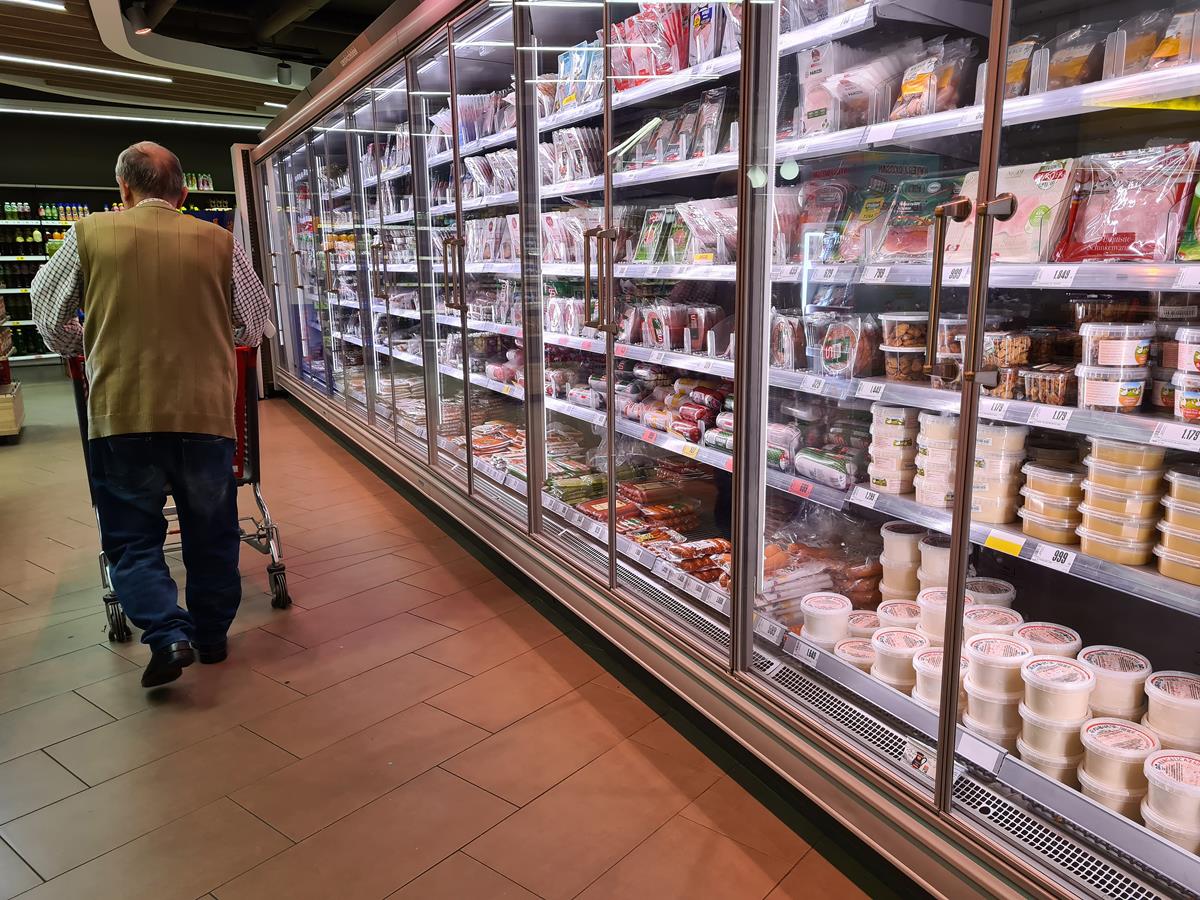The reason why food prices have soared the most in Hungary

Why is Hungary’s food inflation 12 percent higher than in Romania, which is also affected by drought? This question was asked at the Foreign Economics Conference at the Károli Gáspár University of the Reformed Church. To find the answer, invited experts dug to the root of the problem.
Highest inflation in the region
On Wednesday morning, food price inflation data was released. It was evident that food price increases were outpacing even the rise in fuel prices. The conference speakers could not help but mention the soaring food prices, Index writes.
Gyula Pleschinger, a member of the Monetary Council of the Central Bank (MNB), pointed out that food prices in Hungary have a greater impact on inflation than in neighbouring countries. “Hungary is the clear leader in food prices. This is strange for a country that exports food. We are ahead in inflation of countries that need food imports,” Pleschinger stressed.
What pushes inflation?
Farmgate prices are almost the same across the region, but it is the production of food that really pushes up prices and inflation. Inflation differences could be blamed on differences in competitiveness, drought and other factors, but the same problems plague neighbouring countries, where food price increases are not as high, he shared.
I don’t think that the privatisation is the reason why food prices have gone up. It’s because of a lack of competition,” Pleschinger said. He asked the manager of a large food bakery how they were pricing. He was told “whatever works”. This means that manufacturers know that in an inflationary climate, it is easier for consumers to accept price increases. So, they go to the limit.
According to Pleschinger, stronger competition could help. Because, if the food industry is in the hands of a few, but stronger players, they do not have to offer a better deal in terms of price and quality. He said the Hungarian Competition Authority (Gazdasági Versenyhivatal, GVH) should investigate the sector more seriously.
Price caps were a bad idea
Ákos Péter Bod, professor at Corvinus University of Budapest, pointed out that we have the highest inflation in the region, and by a wide margin. He said it was a mistake for the government to interfere with retail prices, and that the way the petrol cap was introduced was particularly damaging.
“It is the poor who should be supported, not the prices that should be lowered, because we are not better off if Sándor Csányi [Hungary’s second richest person – DNH ed.] also pays 480 forints for petrol,”
the professor noted.
Source: Index


